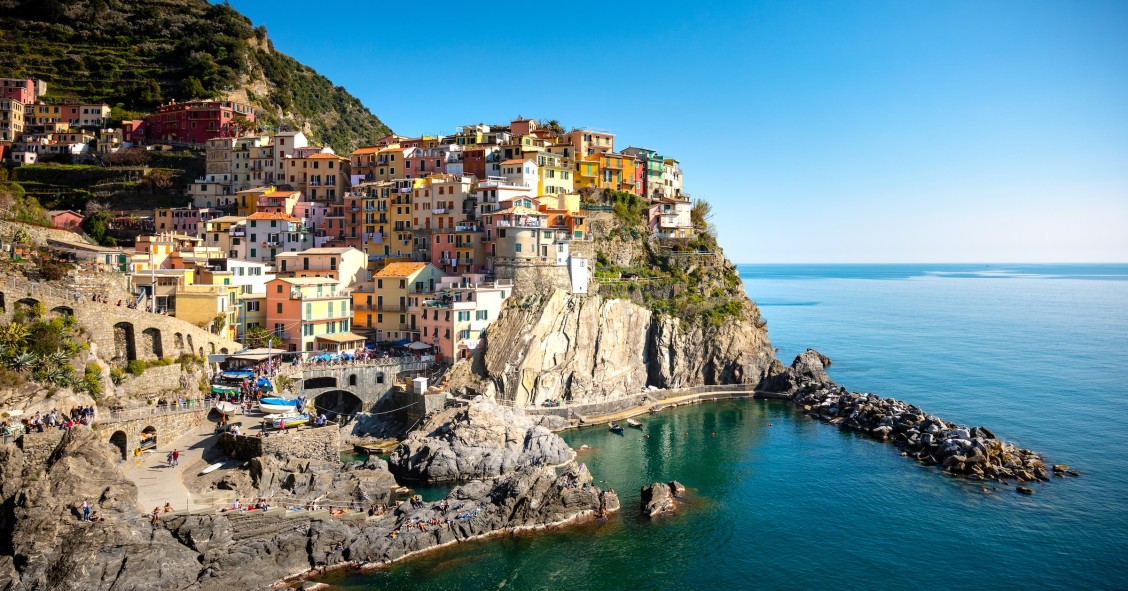
In accordance with current Italian legislation (Decree of Ministry of Foreign Affairs N. 850/2011, Art. 13, Annex A), it is possible to issue National Elective Residence Visas and long-term multiple-entry tourist visas (5 years) for those applicants who are willing to transfer their residence to Italy and are able to financially support themselves without working.
Requirements for the elective residence visa
- to be a foreigner willing to settle down in Italy;
- to be able to financially support yourself without working in Italy;
- to provide suitable and documented guarantees about the availability of a dwelling in Italy to reside in (long-term rental contract or, better, real estate investment);
- to provide suitable and documented guarantees about having an independent, stable and regular income, whose continuity in the future can be reasonably assumed. These financial resources, to the amount of no less than 31,000 euro per year, must originate from large incomes (pensions, life annuities, etc.), ownership of real estate properties, ownership of stable economic/commercial activities or from any other sources. Income deriving from employment cannot be taken into consideration;
- to provide a criminal record check from the country where the investor has been living for the last 12 months.
Considering that although the law in force in Italy provides for a minimum annual income of 31,000 euro, the various embassies usually require higher incomes, and they obviously have a large degree of discretion in giving the Visa.
Regarding the “minimum stay” in Italy, the Residency permit, which allows residents to live in Italy and in the Schengen area, cannot be renewed or extended if the applicant leaves Italy for a continuous period of over 6 months. An exception can be made in cases where the applicant was required to fulfil military duties or other serious documented reasons. For this reason, it is important that the applicant does not remain outside of Italy for a continuous period of 6 months. They can, for example, leave Italy (living outside of Italy) for 11 months, but not for a continuous period of more than 6 months; they should leave and come back before the 6 months are over, and go away again the day after.
The applicant who gets the “visto elettivo” by moving their residency to Italy can apply for Italian citizenship after 10 years' residence.
Long-term Schengen tourist visa
If the applicant has no intention of moving their residency to Italy, is it possible to apply for a different option, the long-term Schengen tourist visa. In this case, the applicant must buy a residential property in Italy but not move their residency to Italy, and may not apply for the various income requirements of the Golden Visa (i.e. the 31,000 euro annual steady income).
Regarding the "minimum stay" for this second option, the requirement is the opposite from the first. In fact the applicant can stay and live in the Schengen Area for no longer than 3 months per semester. In other words, from 1st January to 30th June, they can stay in the EU for just 90 days, and for the same maximum period of 90 days during the second semester (1st July to 31st December). So, in this case there is no “minimum stay” in Italy or the EU, but rather a "maximum stay".






